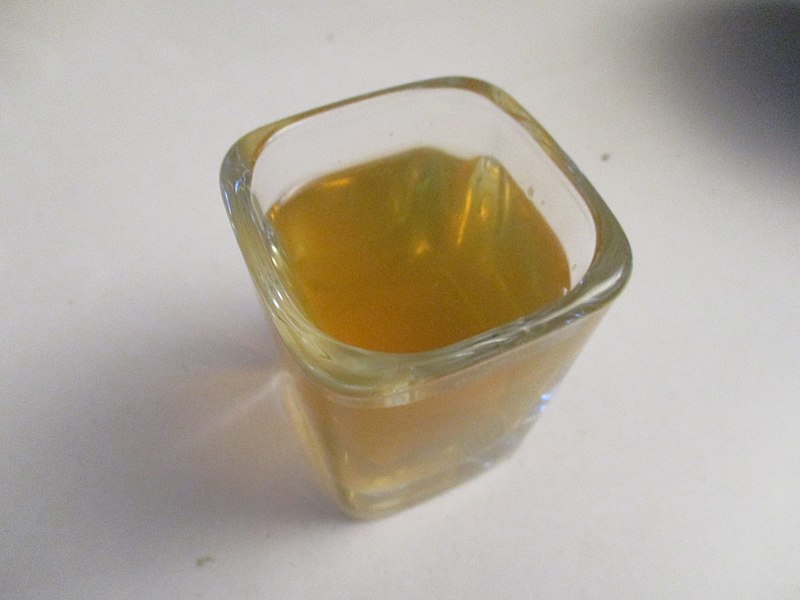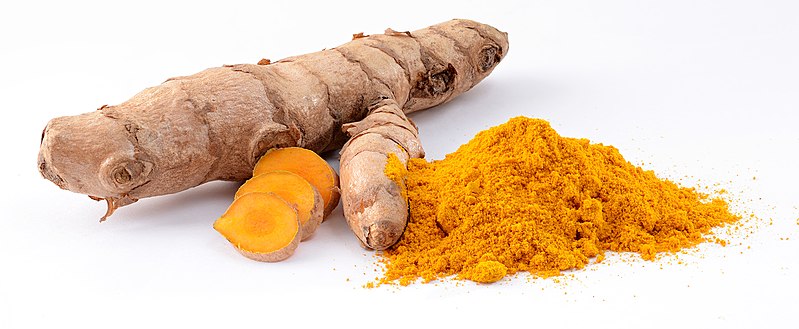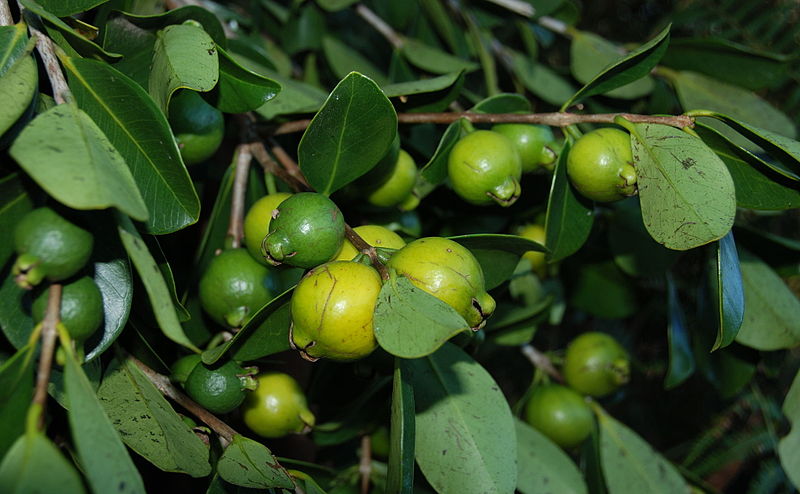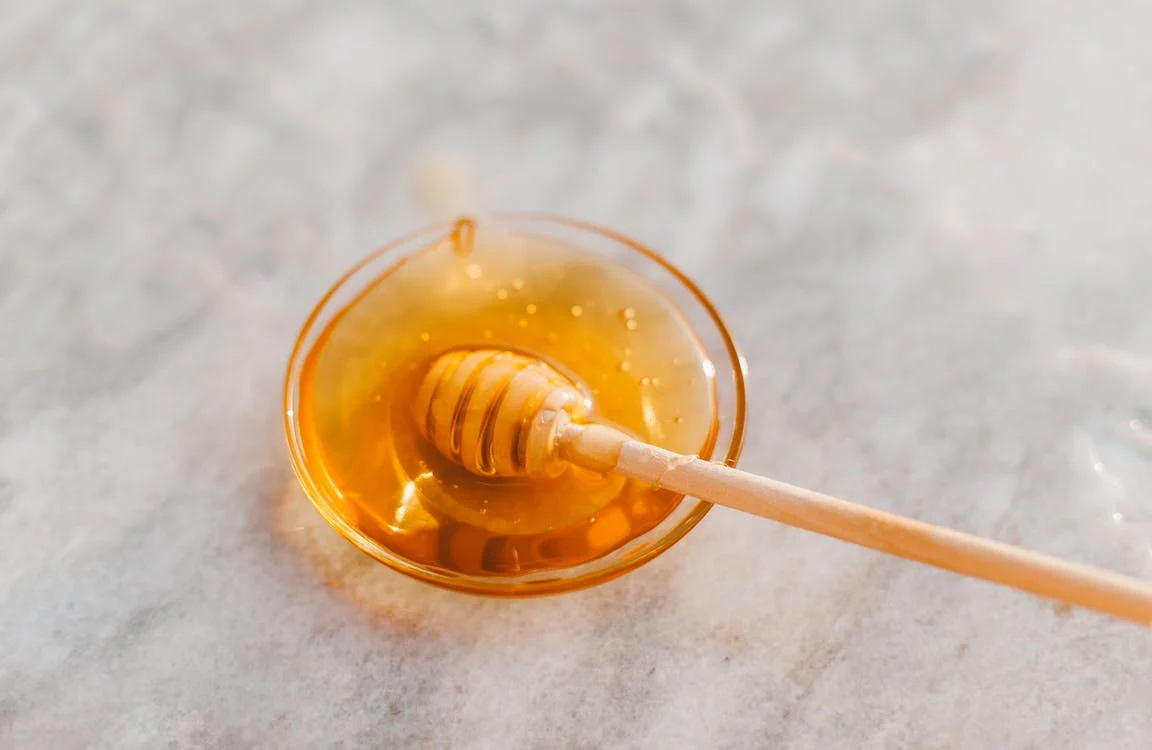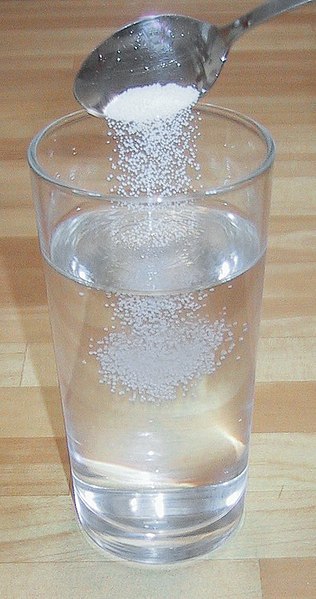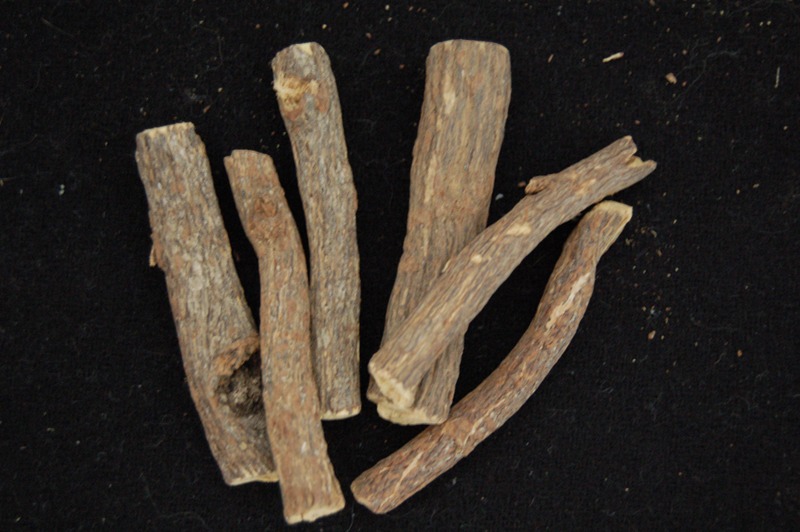Not only can healthy teeth and gums offer you a lovely smile, but they also signify good oral health and cleanliness, all of which are crucial to your daily life. By compromising your dental hygiene, you run the risk of developing cavities, discolored or yellowed teeth, and poor breath, all of which can detract from your image and reputation in public.
Mouth bacteria and inflammation, in addition to dental issues, can cause a wide range of other health issues, such as heart disease, strokes, irritable bowel syndrome, kidney disease, diabetes, and oral cancer. Preterm and low birth weight births occur more frequently in women with dental illness.
Perform oil pulling technique
The ancient Ayurvedic technique of oil pulling, commonly referred to as oil swishing, strengthens the teeth, gums, and jaw while avoiding dental decay. It maintains your gums healthy, helps to remove germs from the mouth, and whitens your teeth.
Oil pulling with coconut oil may be a successful adjuvant treatment for reducing plaque production and treating plaque-induced gingivitis. Oil pulling also purifies and detoxifies the body, which is advantageous for both your dental and general health. It is noted to not gargle or swallow the oil. You may also use coconut oil for oil pulling.
How:
- Take a mouthful of one tablespoon of sesame oil
- For around 20 minutes, gently stir it
- Spit it out
- Warm water should be used to rinse your mouth. For additional antibacterial effects, use salt water
- As normal, brush your teeth
- Do this every day, first thing in the morning
Green Tea
Due to its antibacterial qualities, green tea is thought to reduce the quantity of oral germs that might potentially lead to cavities. It also has a lot of fluoride in it. By aiding in their mineralization, fluoride is a mineral that helps prevent tooth decay. In animal models, researchers discovered that green tea is anti-cariogenic, preventing tooth decay. You may make a hot cup of green tea from its leaves or a teabag and drink it as a beverage.
Brush your teeth with turmeric paste
The antibacterial and anti-inflammatory properties of turmeric assist in preventing bacterial infections of the teeth and gums.
How:
- To form a paste, mix 1/4 teaspoon of turmeric powder with a little water. Use this paste to brush your teeth a couple of times each week.
- Alternately, make a paste using 1/2 teaspoon each of salt and mustard oil and 1 teaspoon of turmeric powder. Once daily, massage your teeth and gums with this paste.
- You may alternatively boil 1 cup of water with 1/2 a teaspoon of turmeric powder. Every day, use the solution as a mouthwash after letting it cool.
Tea Tree Oil
Tea tree oil has several antiseptic and antibacterial qualities that can aid in removing plaque and germs. Tea tree oil should be diluted with one drop of ordinary toothpaste. Make cautious not to use too much tea tree oil or mistakenly ingest it.
Chew on some guava leaves
The potential of guava leaves for successfully treating a case of periodontal disease. Guava leaves are a fantastic antiplaque, antibacterial, anti-inflammatory, and antioxidant agent that supports healthy teeth and gums. They also assist in maintaining clean and fresh breath. For the promotion of oral health, herbalists advise utilizing the delicate leaves or sensitive twigs of guava plants.
How:
- Take a few delicate guava leaves, completely chew them, and then spit them out
- Additionally, you may use some finely ground tender guava leaves as a toothpaste when brushing your teeth
- Another choice is to boil 4 to 6 guava leaves in 1 cup of water for around 5 minutes to make a mouth rinse. After the water has been strained, let it cool. Utilize it every day as a mouthwash
Put your faith in Indian lilac’s healing abilities
The antibacterial qualities of Indian lilac, commonly known as neem, assist in preserving oral health by quickly eliminating the microorganisms that cause cavities, plaque, gingivitis, and gum disease.
When used in conjunction with brushing to reduce plaque and gingival irritation in individuals with gingivitis, a mouthwash containing neem was just as efficient as one containing chlorhexidine. However, a more thorough investigation is required to support these allegations impartially and fairly.
How:
- Make a paste by grinding two or three neem leaves. Several times a week, wash your teeth with this paste.
- You may also apply neem leaf juice directly to your gums and teeth, let it remain for five minutes, and then wash it off with warm water. Do this each day.
- You may even wash your teeth with a neem tree twig.
Honey
Honey is also believed to have naturally occurring antibacterial qualities that aid in eradicating the germs that cause gum infections. For patients with periodontal disease, rubbing raw honey over the gums after brushing might be helpful.
Saline mouth rinse
A straightforward mouth rinse made of warm water and table salt is among the methods that are most frequently advised for enhancing oral cleanliness. After tooth extraction, use this straightforward saline rinse to prevent gum infection since it is milder than most over-the-counter mouthwashes (particularly ones that include alcohol). Since saline mouthwash removes a lot of dangerous oral germs, you do not need to have a tooth pulled to benefit from it. If you have gum disease concerns, use this rinse once a day. After that, speak with your dentist about your particular circumstance.
Baking soda toothpaste
If you do not already have one of the toothpaste that has baking soda included, you may just add some baking soda to your toothpaste before brushing your teeth if you do not have one of them. Due to its basic nature, baking soda, also known as sodium bicarbonate, can neutralize the acids that oral bacteria create. This may lessen plaque accumulation. Additionally, mildly abrasive, baking soda can remove surface stains from your teeth. However, using excessive amounts of baking soda can erode the enamel on your teeth, causing them to appear discolored or off-white. Use baking soda sparingly and only if your dentist advises it or if you are prone to gum disease or plaque accumulation.
Amla
The herb amla is frequently employed in Ayurveda treatments. It is a fruit that may be used to rinse the mouth and make a decoction since it is usually thought to be beneficial for oral health. Additionally, we may benefit from amla’s long-term advantages for teeth by consuming a small amount of it each day; as amla helps maintain healthy teeth, it may also help avoid tooth decay.
Liquorice
In Sanskrit, liquorice is also known as the “sweet herb,” Yashtimadhu, or mulethi. The advantages of liquorice have been the subject of much investigation in recent years. In one of these investigations, it was shown that licorice includes bioactive substances that are efficient in eliminating the bacteria Streptococcus mutans or S. mutans that cause tooth decay. As a result, liquorice may stop tooth decay. To prevent cavities, we may also eat the root of liquorice.
Conclusion
Finally, keeping healthy teeth and gums with natural therapies is crucial for both a beautiful smile and overall dental and general health. Natural treatments are efficient means of maintaining good oral hygiene and preventing dental problems. By incorporating these habits into your daily routine, you may enhance your oral health as well as your general well-being and self-esteem.


